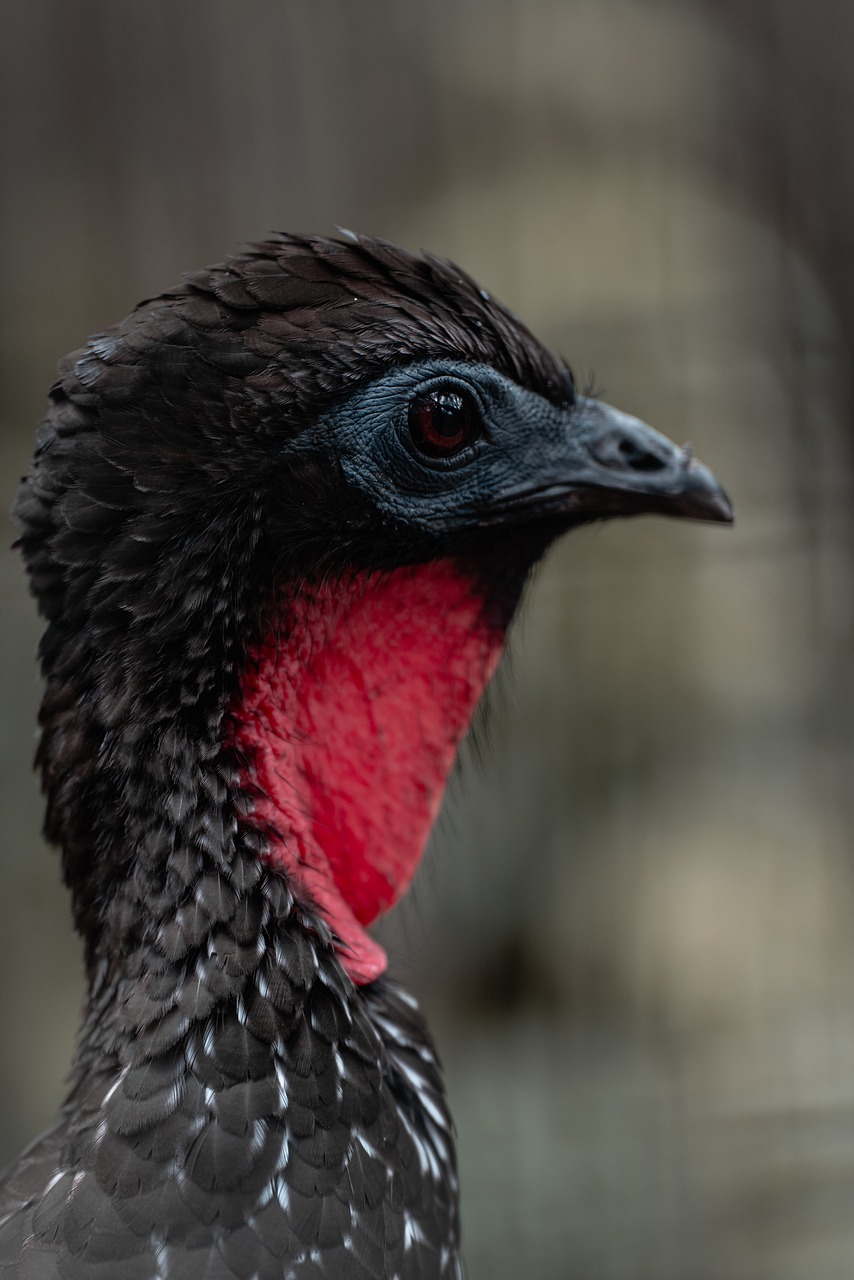Bodhisattva Guan Yin: A Symbol of Compassion
Dressed in flowing white robes and gracefully poised on a lotus pedestal, Bodhisattva Guan Yin embodies mercy and compassion with a willow branch in one hand and a vase holding pure water in the other. Her name translates to “She who hears the cries of the world,” emphasizing her ability to perceive the sufferings of humanity. The term “Bodhisattva” signifies a spiritual being who ranks above an Arhat and below a Buddha on the path to enlightenment.
The tales surrounding Guan Yin emerged over two millennia ago in China, gaining immense popularity during the Song Dynasty (960–1279) and continuing to thrive as the revered “Goddess of Mercy” today.
The Tale of Miao Shan
One captivating origin story depicts Miao Shan, the youngest daughter of a king in an ancient Chinese state who sought to arrange marriages for his daughters to enhance his own status. Unlike her sisters, Miao Shan aspired to become a Buddhist nun and dedicate herself to spiritual growth in order to alleviate human suffering. When the king refused to support her dreams, he cast her out, leading to her exile.
As time passed, the king fell gravely ill. In desperation, he sought the help of a wise monk, who revealed that to heal, he required a potion made from the eyes and arms of someone willing to sacrifice them. When none of the king’s older daughters were willing to comply, the monk suggested that a bodhisattva living atop Fragrant Mountain might assist.
Unbeknownst to the king, this wandering monk was Miao Shan herself, transformed after years of spiritual dedication. Upon learning of her father’s plight, she visited him in disguise and explained, “This illness stems from your past misdeeds. As your daughter, it is my duty to help.” Thus, she selflessly offered her eyes and arms for the sake of her father’s recovery.
In the kingdom, the monk utilized the sacred sacrifice to create a healing elixir that miraculously restored the king’s health. Grateful, the king sought to thank the monk, who urged, “Remember to honor the one who made this sacrifice.”
He journeyed to Fragrant Mountain, where he was astonished to find Miao Shan overseeing a multitude of followers, now without her arms and eyes. Overwhelmed with sorrow for her suffering, the king was met with kindness as Miao Shan encouraged him to embrace compassion and the principles of Buddhism. Suddenly, in a burst of light, Miao Shan was transformed back into a radiant bodhisattva, restored in her full glory.
In various retellings of this tale, Guan Yin is depicted with a thousand arms and a thousand eyes, signifying her ability to reach out to all those in need.
Acts of Kindness and Transformation
Guan Yin is often celebrated in stories for her ability to disguise herself, bringing aid to those in need. In some accounts, she is portrayed carrying a wicker basket, earning her the title of patroness of sailors and fishermen. One particular narrative tells of a riverside village suffering from the torment of a vicious gang. Observing their plight, Guan Yin transformed into a young fisherwoman, capturing the attention of the gang leader, who wished to marry her. However, she requested that he first learn Buddhist scriptures, avoid meat, and perform acts of kindness. Following her guidance, the entire gang abandoned their violent ways, transforming the village into a haven of compassion.
Guan Yin’s legendary role extends beyond mere stories, with her presence also marked in “Journey to the West,” one of China’s classic literary works, which narrates the pilgrimage of a Tang Dynasty monk alongside a trio of whimsical disciples. Written by Wu Cheng’en in the 16th century, this adventure combines elements of humor, action, and moral lessons.
The narrative begins with Guan Yin instructing the emperor to initiate a quest for sacred Buddhist texts. She assembles the adventurous characters, Monkey King, Pigsy, and Sandy, to accompany Tang Monk. Her purpose was to help them atone for past misdeeds, ensure the monk’s safety, and further their spiritual journeys.
Throughout their travels, the disciples confront evil and protect their master. At times, even the clever Monkey King finds himself perplexed, but, just as frustration begins to mount, Guan Yin appears with timely wisdom. Her enduring reputation is built on her ability to lend support, yet she emphasizes that her aid is reserved for those who embody kindness, honesty, and compassion.
Ancient China was a land where the celestial and earthly realms coexisted harmoniously, forging a richly inspired cultural legacy. The intertwined nature of early Chinese mythology and history has led to the creation of the “Mythistory” series, introducing audiences to the captivating figures that populate China’s legendary past.



